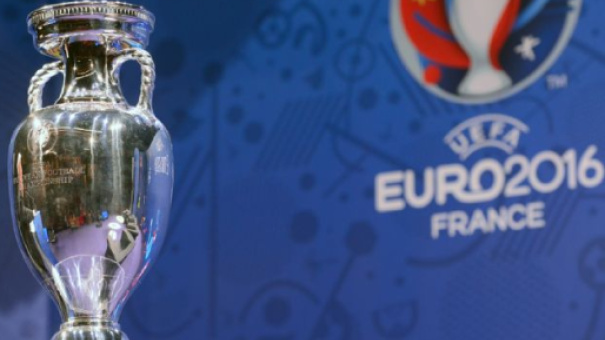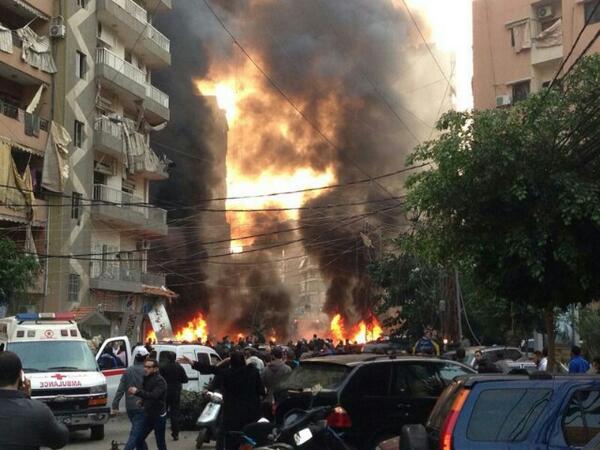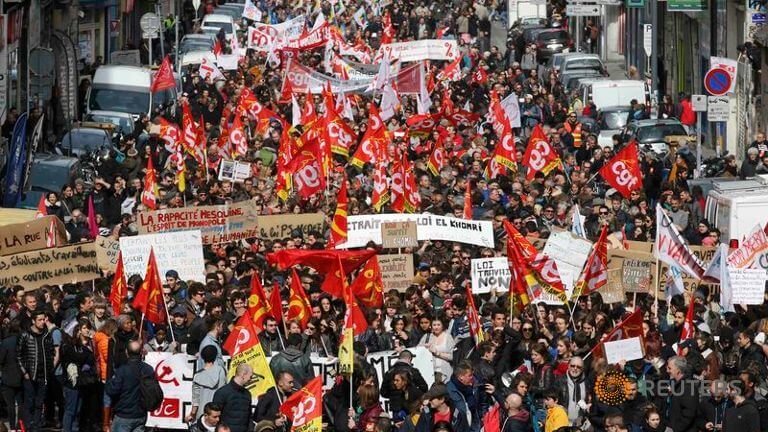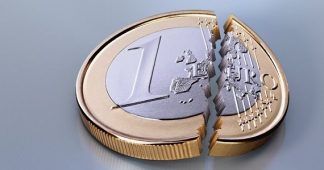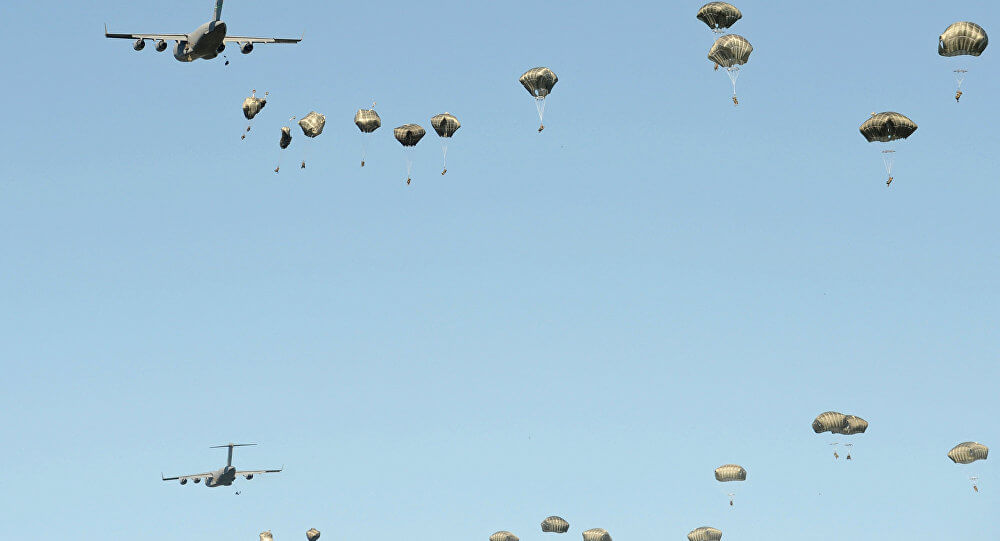Euro 2016 has just begun. Thousands of fans, despite unprecedented security measures, have already collided in real fights. This alone demonstrates that football for Europe is more than just a game. Football is a hysterical mass spectacle and big business. For European countries, with their centuries-old conflicts and confrontations, this is the battlefield where hidden geopolitical ambitions, phobias, likes and dislikes are manifested. Football is often seen as a metaphor for war, where nations with different ideals and styles attack each other on the battlefield with the support of crowds filled with energies of hatred and faith.
Land against Sea in Marseille
The start of the tournament was marked by riots staged by British football fans. Due to geopolitical inertia, English hooligans came into conflict with their Russian counterparts. Mass brawls ensued and the Russians won. The game itself became relegated to second place against the backdrop of an historical battle between fans from countries that themselves used to oppose each other in the Great Game. Great Britain is no longer a major maritime power, but it is still opposed to the Russians by virtue of its Anglo-Saxon blood. Old geopolitical patterns thus manifest themselves in a new environment. Interestingly enough, Russian and English behavior on the continent has a lot in common, especially in their shared attitude towards France as if it was an occupied territory. The British and Russians behave in continental Europe like they are in a foreign land. The Russians came as the bearers of the Red Army flag from 1945. and the British landed in Marseilles, a port city, like an expeditionary force.
Old geopolitical contradictions
There is no doubt that we will face a load of interesting, bloody, and even humorous brawls. The Polish and Ukrainian fans do not even meet each other. This audience typically adheres to right-wing views, as Polish and Ukrainian nationalists dislike each other since the Second World War when Ukrainians massacred thousands of Poles in Volyn.
The traditional football confrontations between Hungary and Romania, Poland and Germany, Germany and Italy, England and Germany, Austria and Hungary, and the Czech Republic and Slovakia on the one hand reflect the history of the sport, while on the other demonstrate the vitality of old geopolitical and international conflicts. In some cases, such opposition is a clear consequence of politics, as in the case of England-Argentina rivalry.
Maradona wrote in his autobiography concerning the famous match of Argentina vs. England (1986 FIFA World Cup) that “it was as if we had beaten a country, not just a football team … Although we had said before that the game, that football, had nothing to do with the Malvinas war, we knew they had killed a lot of Argentine boys there, killed them like little birds. And this was revenge.” Of course, this is no less of a geopolitical rivalry for the English.
The new conflicts between Russia and Ukraine and Russia and Turkey on the field of world politics will certainly find their way onto the football field and in the streets of European cities.
The First Global Game
Football became global at the beginning of 20th century. Needless to say, the spread of football and its popularity was linked to the geopolitical factor of the influence of the British Empire, England being the place where the game originated. The places were the game subsequently took hold (Central America, South America, and Europe) were more often than not locations where Britain wielded influence by means of trade, not conquest. In countries that suffered acute British imperialism (India, South Africa, Australia, and New Zealand), despising Britain is inextricably tied to disliking British football. In these countries, football never really took hold as a popular sport, whereas cricket and rugby (in fact also English games) became national sports. Thus, football became a form of English soft power and a sign of the first wave of Anglo-Saxon Globalism as promoted mainly by the upper classes and British expats.
Football and identity
Football and its culture often act as markers of geopolitical, religious and national identity. Hence why the Basque club, Athletic Bilbao, in Spain accepts only Basque players. The confrontation between the Madrid “Real” and “Barcelona” replicates the confrontation between the capital and the country’s separatist Catalonia. The Celtic Club in Glasgow is supported mostly by the Romano-Catholic part of city, while its main rival, the Glasgow Rangers, is supported by Protestants. Sectarian divergences play a serious role in North Irish football as well. Relations between different parts of Great Britain are demonstrated through rivalries between the Scottish and English, the English and the North Irish, and the English and Welsh football teams.
Football achievements in Europe have always been elements of the struggle of European powers for prestige. Football helped raise national self-esteem and feelings of national unity. In 1938, Benito Mussolini threatened to shoot the Italian team if it did not win the World Cup. With such a serious motivation, the Italians became champions.
In 1954, for the first time since 1945, the West German national team took part in the World Cup in Switzerland. In the final round, the Germans defeated the team of Hungary. This victory was an important symbol of success for the power defeated in the World War and helped millions of people to restore a sense of national pride and self-confidence.
During the Cold War, sport became an arena of confrontation between the two predominant systems. And football was no exception. At the World Cup in 1974, the teams of West and East Germany met, and the victory of the GDR’s team had great symbolic meaning for all of the Socialist Bloc. ..
Did somebody say “ISIS”?
For Europeans, football is more than just a sport. The massive spectacle requires increased security measures, something especially important for the now concerned French. The country is overflowing with Muslim migrants and recently experienced ISIS terrorist attacks. If something of the sort repeats itself in France during the European championship, then the prestige of the country and its security forces will drop to zero and the fear of growing radical sentiments will spread across all of Europe.
